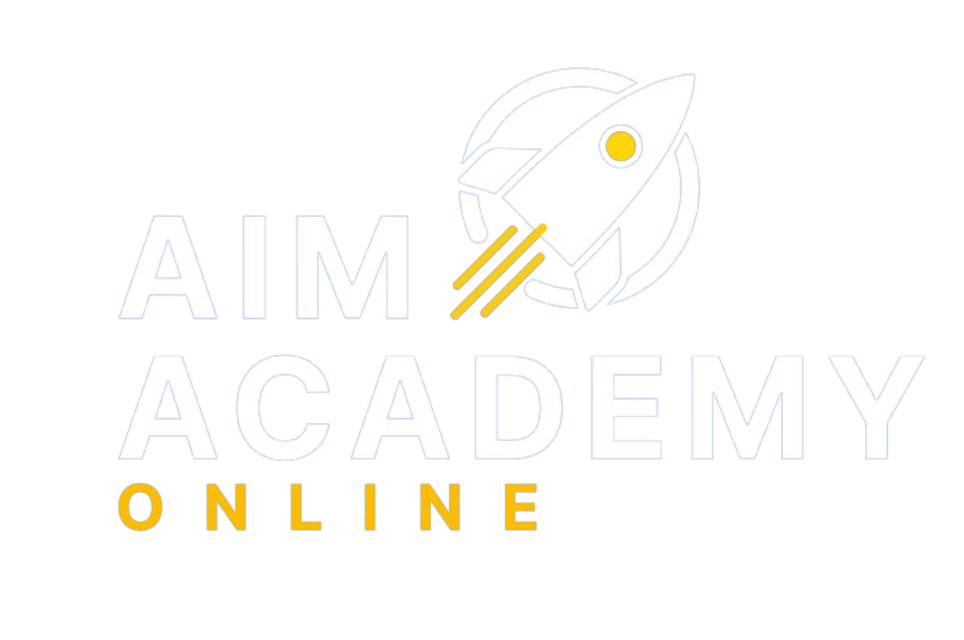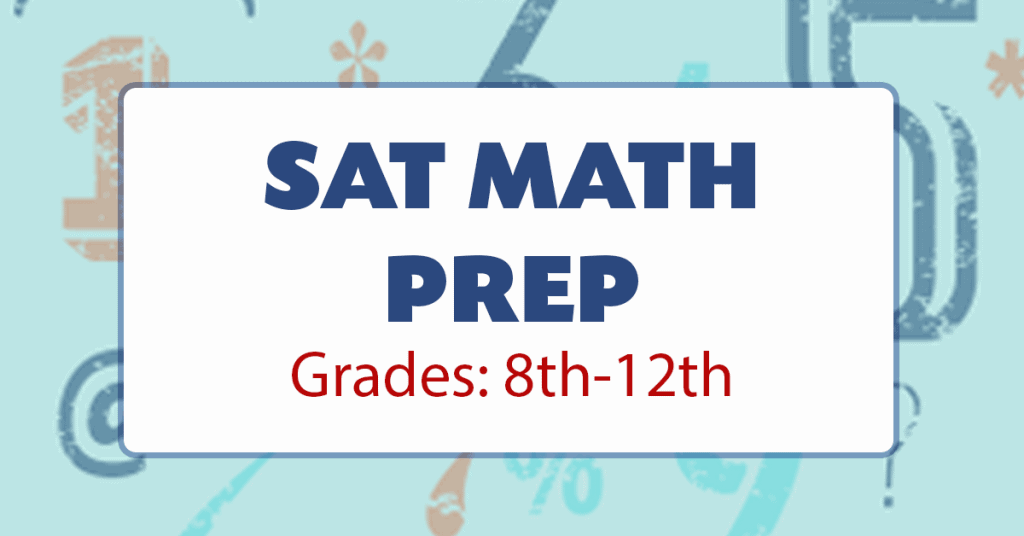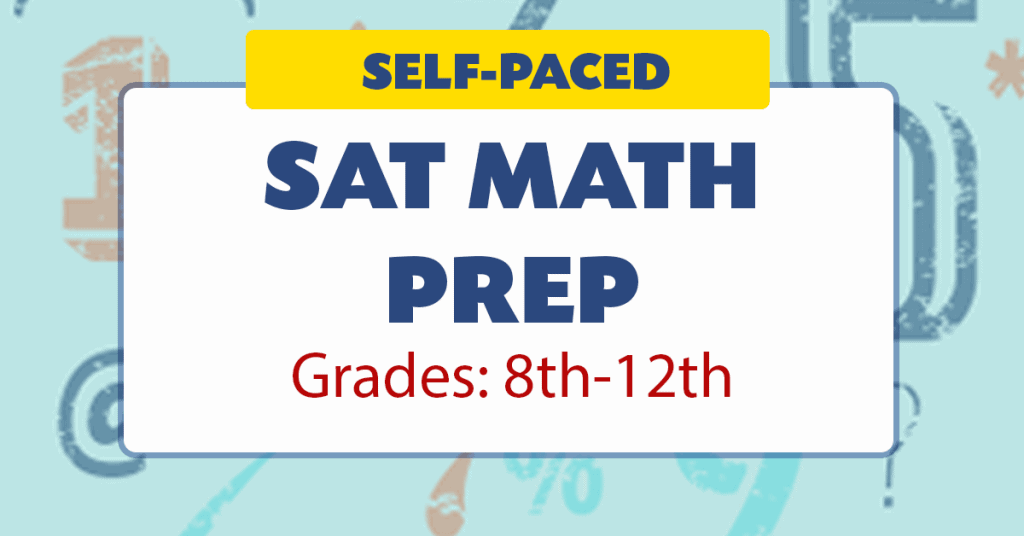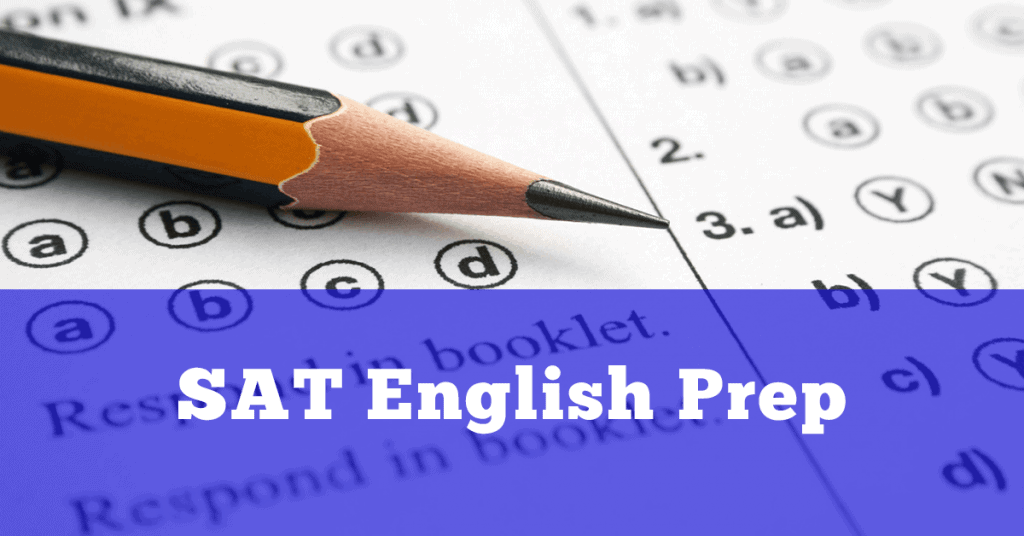Collegebound? What to Do in 11th Grade
11th grade is the most important year of your collegebound teen’s academic life. Because this year is so mission critical, I’ve got several steps that are too important to skip:
Reduce Stress
Manage the stress levels in your home for your 11th grader. Simplify your teen’s life—this will be his toughest year academically, and he needs you to have his back. Help him clarify his priorities, guard his schedule, and make tough choices. Make sure he gets enough sleep. The brain consolidates learning while sleeping and while taking breaks from intense cognitive focus. This is why cramming does not work. The best test prep includes time to rest and refresh before heading into the testing situation. Finally, make sure he still has time for exercise and fun. Life’s a balancing act, and the junior year is a great context to learn this.
Course Load Matters
If your child is AP material (i.e. she is ready for college-level work), take a couple of AP courses so she will have scores to report on college applications next fall. If your child is not ready for AP-level classes, then plan a course load that reflects the highest level of academic challenge your teen is willing to tackle. Schools look for rigor on the high school transcript and weigh that in their acceptance calculations.
Testing Begins Now
Take the PSAT in October. This test is shorter than the SAT and is intended to give students a snapshot of their academic strengths and weaknesses so they can prepare strategically for the SAT. Most collegebound students take the SAT or ACT in the spring of their junior year and again in the fall of their senior year (See this post for differences).
National Merit Scholarship Program
The PSAT has taken on a singular importance of its own—the PSAT scores are used to qualify students for the National Merit Scholarship Program and other elite opportunities. If your teen agrees to release his scores, he will start to receive tons of mail from colleges and universities which see your child as an ideal candidate. (This mail gives you critical insight into the types of schools where your teen will be most competitive.)
The National Merit Scholarship Program (NMSP) is the most prestigious merit scholarship (though not without its critics). Merit scholarships are based solely on the student’s academic achievement, not the student’s financial need. Most universities also have selective scholarships for their top incoming students, and many use the PSAT scores to qualify as well.
Students qualify for National Merit status based on their PSAT scores in their junior year only. Finalists are selected from that pool of qualifiers based on GPA, course load, and letters of recommendation. If your teen has already shown high academic promise, especially by consistently scoring in the 95% or above on standardized tests, then have her take the PSAT in 10th grade for practice or the PSAT 10, if available in your area. Those scores do not count for NMSP but can help your teen prepare strategically for the PSAT in 11th.
The PSAT must be scheduled through a local test site. Start by calling your district’s guidance office and ask to register your homeschooled student with them for the PSAT. (If you have a relationship with another school, public or private, ask them first—it helps if your teen has some comfort-level with the test site.)
You’ll Need Letter Writers
Your teen will need letters of recommendation if he plans to apply for scholarships and acceptance at competitive schools. Don’t leave this to chance. Identify the most credentialed and professionally accomplished persons within range. Ideally you will have several candidates. Tell your teen what is going on and that these are people to impress with his character, work ethic, and academic promise. Then get your teen in front of these potential letter writers—register for the classes they teach, get an internship where they work, or offer to do odd jobs around their house (all strategies we used). Be intentional. There is nothing wrong with having foresight here—traditional students have lots of high school teachers and coaches to ask—homeschooled students often don’t, so you need to be deliberate. When the moment is right, you or your teen (ideally, your teen) should ask the person if he or she will consider writing a letter of recommendation at some point in the future. You’ll get a more thoughtful, detailed letter (i.e. more influential then) if the person is forewarned.
Stay tuned . . . lots more to come for this age group.






